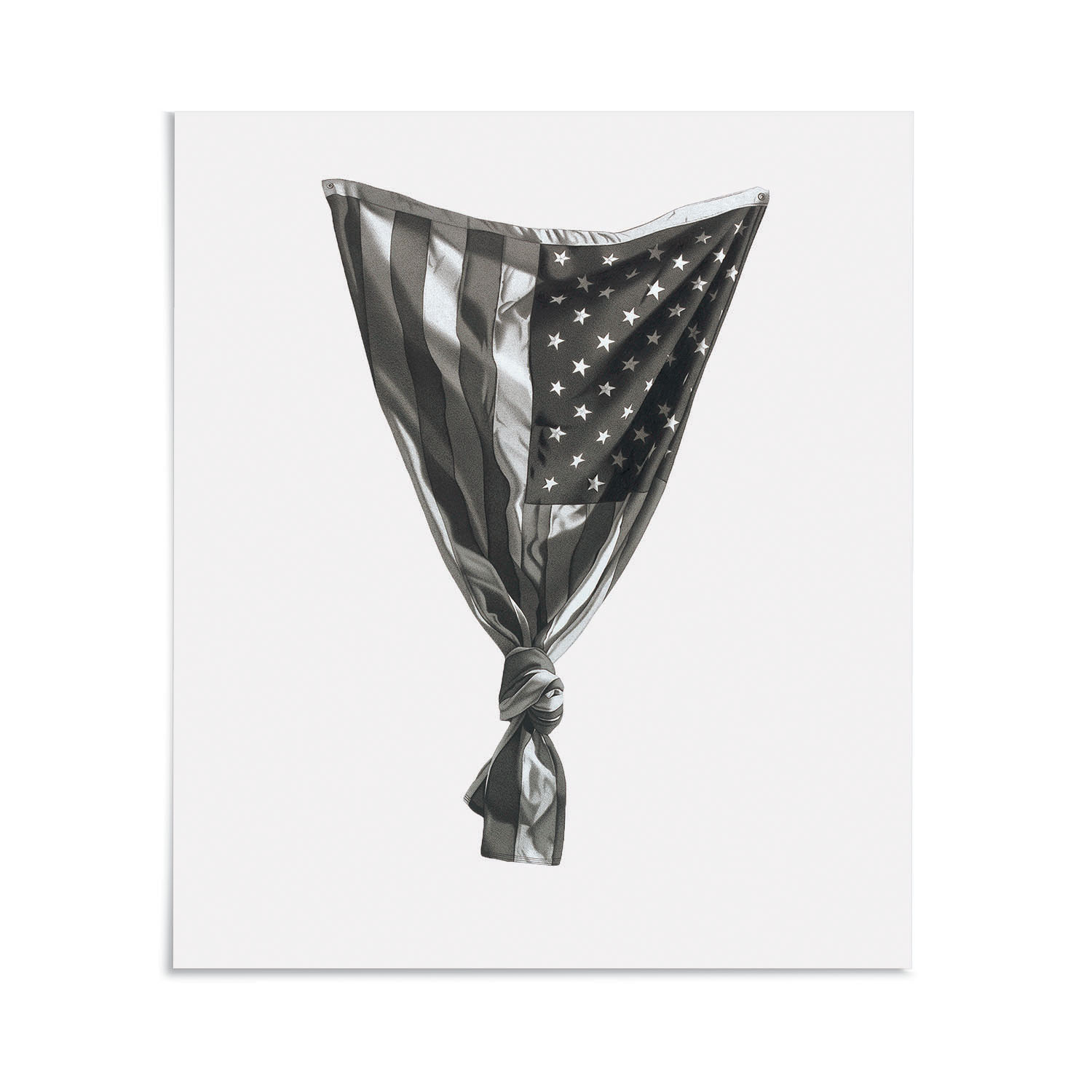Citizenship is not inherently political, and yet it is impossible to escape its politicization. In this century, citizenship—the status, the idea, the very word itself—has been politicized to extremes, commodified and weaponized in unprecedented ways. It has become a third rail of conversations and campaigns. And to the degree that it is wrapped up with notions of patriotism, it is often used as a litmus test for legitimacy. All of which is to say that citizenship—its privileges, its responsibilities, even its attainability—is a topic whose complexities can disappear against a vitriolic backdrop.
The Fall issue is neither prescriptive nor comprehensive, but exploratory. Through the work assembled here, we hold up the concept of citizenship to see the truths refracted through it. In doing so, we provide space for some important questions: How do we remain faithful to the principles of a democracy that has produced a government teetering toward autocratic rule? Is tyranny too strong a word? If so, how long do we hold our breath until we’re proven wrong, after so many other panicky predictions have come to pass? This far into a century of upheavals, what does it mean to practice citizenship? How have our expectations—of our neighbors, of our institutions, of ourselves—evolved to respond to the influences of the age we live in? Can the ideals of citizenship transcend national interests?
We engage these and other fundamental questions in several ways. In a special VQR Conversation, we bring together four great thinkers—Anuradha Bhagwati, Jamelle Bouie, Tressie McMillan Cottom, and Jason Stanley—to scrutinize the myths and contradictions of the great American experiment. Rowan Ricardo Phillips, meanwhile, offers an uncanny fable that reaches into the core disorder of that American paradox. Our reporting and photojournalism look outward—to the Balkans, Iraq, and Argentina—to examine radically different narratives taking shape: Jack Hitt tours Serb revisionist monuments that attempt to gaslight a public’s understanding of a grisly history; photographer Nicole Tung provides a visual documentary of an uprising led by Iraq’s youth that hangs in the balance; and Cutter Wood dives into a strange plot of true crime and bureaucratic chicanery in Buenos Aires to reveal just how vital transparency in national statistics is to the health of the body politic. Ru Freeman kicks off our new column, On Becoming, with a bravely direct meditation on the duties and privileges of taking the oath. And, in a personal essay, Wayétu Moore recounts a tense attempt at reconciliation with a descendant of the man who owned her ancestors, with cool, lyrical honesty on the capacity for forgiveness.
These pieces form the core of an issue that reminds us of the nuances of citizenship. Complemented by poetry, fiction, and criticism that approach this theme from other angles—from the power of passports to the politics of the body to the anxious homecoming of a child serving overseas—they strengthen an understanding of the ways in which citizenship reaches through daily lived experience.
To what end? As with any endeavor ambitious enough, and imperfect enough—as with the American experiment itself—we hope to contribute something valuable to the larger work in progress.







